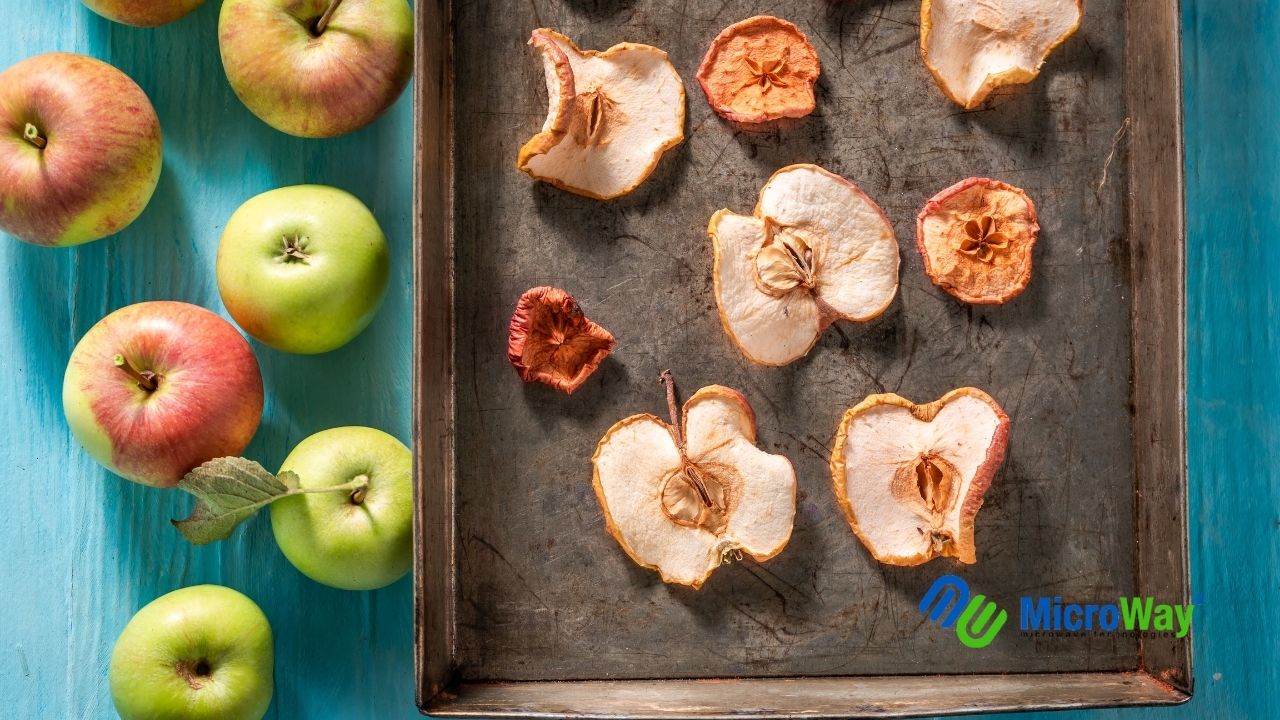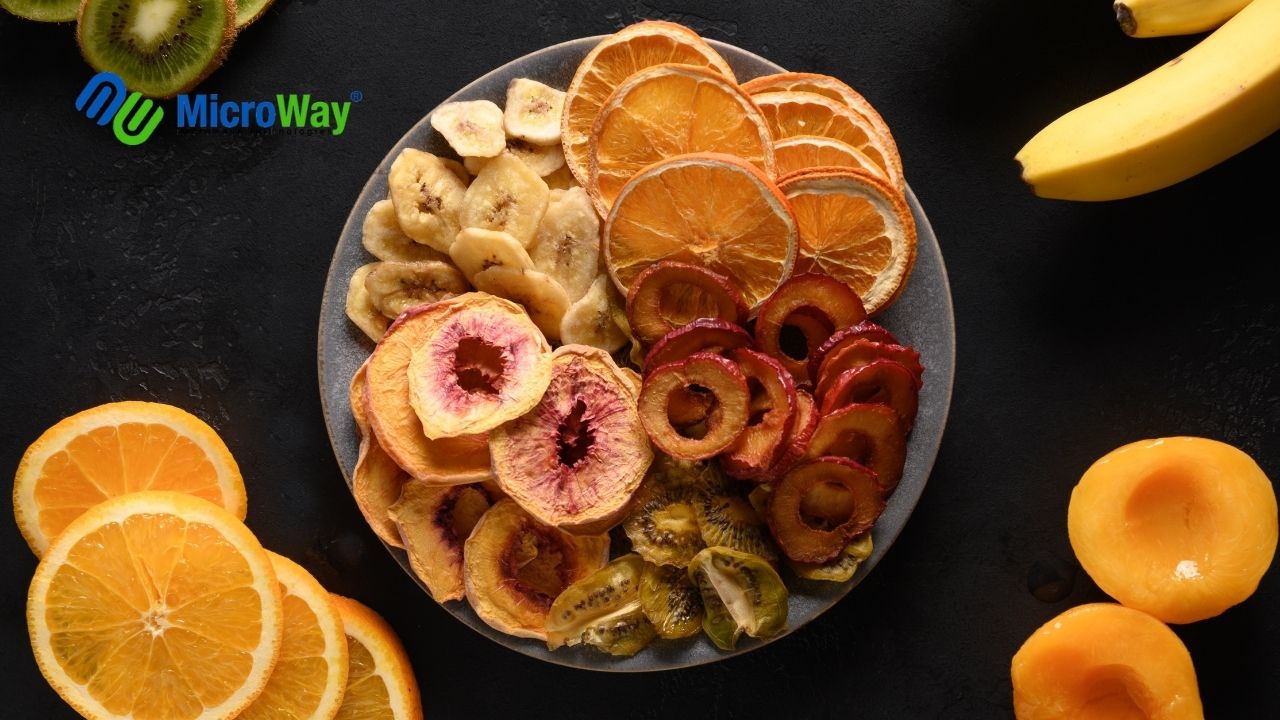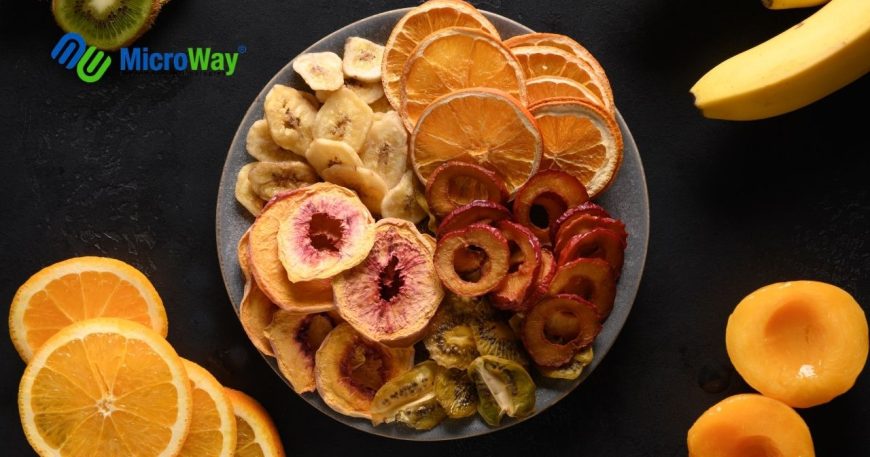Boosting Efficiency with Industrial Microwave Drying Systems
In the evolving world of food production, drying remains a crucial step in preserving quality and extending shelf life. As market demands grow and expectations around energy efficiency rise, manufacturers are turning to more advanced drying solutions. One technology gaining attention is microwave-based drying known for its speed, precision, and ability to preserve the natural characteristics of food products.

Unlike traditional methods that heat the surface first and rely on slow air circulation, microwave drying operates from the inside out. This unique approach shortens drying time significantly while maintaining the texture, flavor, and nutritional profile of the product. It is particularly effective for high-value ingredients like herbs, fruits, vegetables, and proteins that are sensitive to prolonged heat exposure.
Producers across various industries are recognizing the advantages of this technology. Reduced drying time means faster production cycles and lower operational costs. At the same time, better control over moisture content leads to more consistent product quality. For food manufacturers striving to meet both domestic and export standards, this kind of efficiency is critical.
In Morocco, where agriculture plays a central role in the economy, the adoption of modern food processing technologies is gradually increasing. Drying is essential for many Moroccan products, including dates, citrus peel, aromatic herbs, and vegetables destined for international markets. With the country focusing more on export competitiveness, local companies are exploring newer drying technologies to preserve product value during processing.
Several regions in Morocco, such as Souss-Massa and Béni Mellal-Khénifra, have seen growth in agro-industrial activity, supported by both government incentives and private investment. These developments have encouraged processors to improve infrastructure, including the adoption of drying systems that meet international hygiene and energy standards. Technologies like industrial microwave drying systems, although still emerging locally, are attracting interest due to their ability to improve both speed and product uniformity.
Beyond agriculture, the food manufacturing sector in Morocco is expanding to serve regional and global markets. Efficient drying solutions help ensure that goods meet regulatory standards and customer expectations abroad. For small and mid-sized producers, upgrading their drying capabilities can be a step toward entering high-value export markets, especially in Europe and the Middle East.

What makes microwave-based drying appealing is its adaptability. These systems can be tailored to fit into existing production lines and scaled according to output needs. Whether drying sliced fruits for snack production or preserving medicinal herbs, the flexibility of these systems allows producers to respond quickly to changes in consumer demand.
Looking ahead, as sustainability becomes a greater priority in food manufacturing, technologies that reduce energy usage while improving processing efficiency will continue to grow in demand. Countries like Morocco, which aim to boost food exports and strengthen value-added processing, are in a good position to benefit from such innovations. As awareness grows, the role of efficient drying methods including industrial microwave drying systems will become more central to regional food strategies.
In summary, embracing newer drying technologies offers food manufacturers a clear path toward better performance, lower costs, and higher product quality. For Morocco and other growing markets, it also supports broader goals of modernization and global competitiveness. Investing in these solutions is not only about meeting today’s production needs but also preparing for a more efficient and sustainable future.


